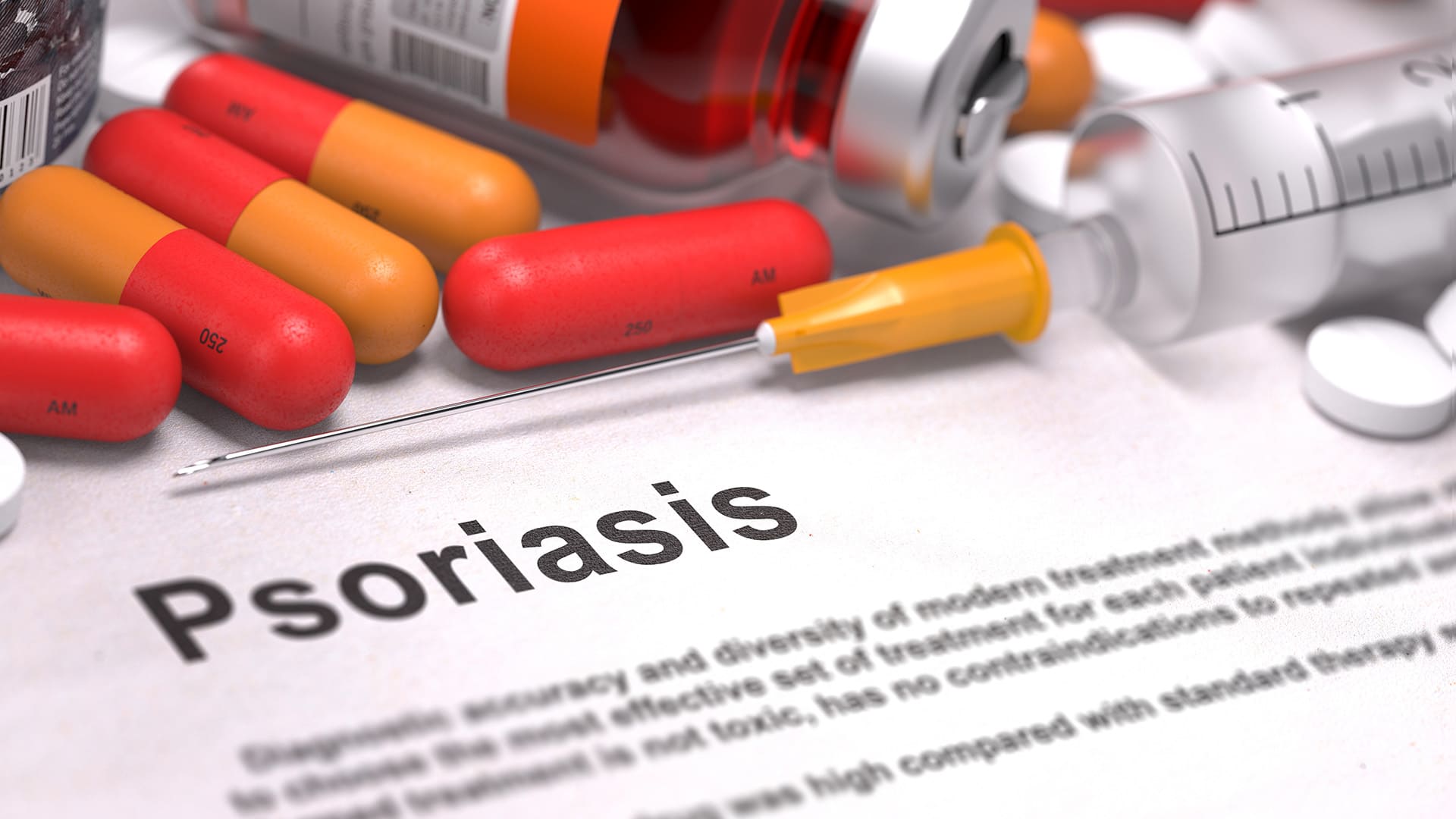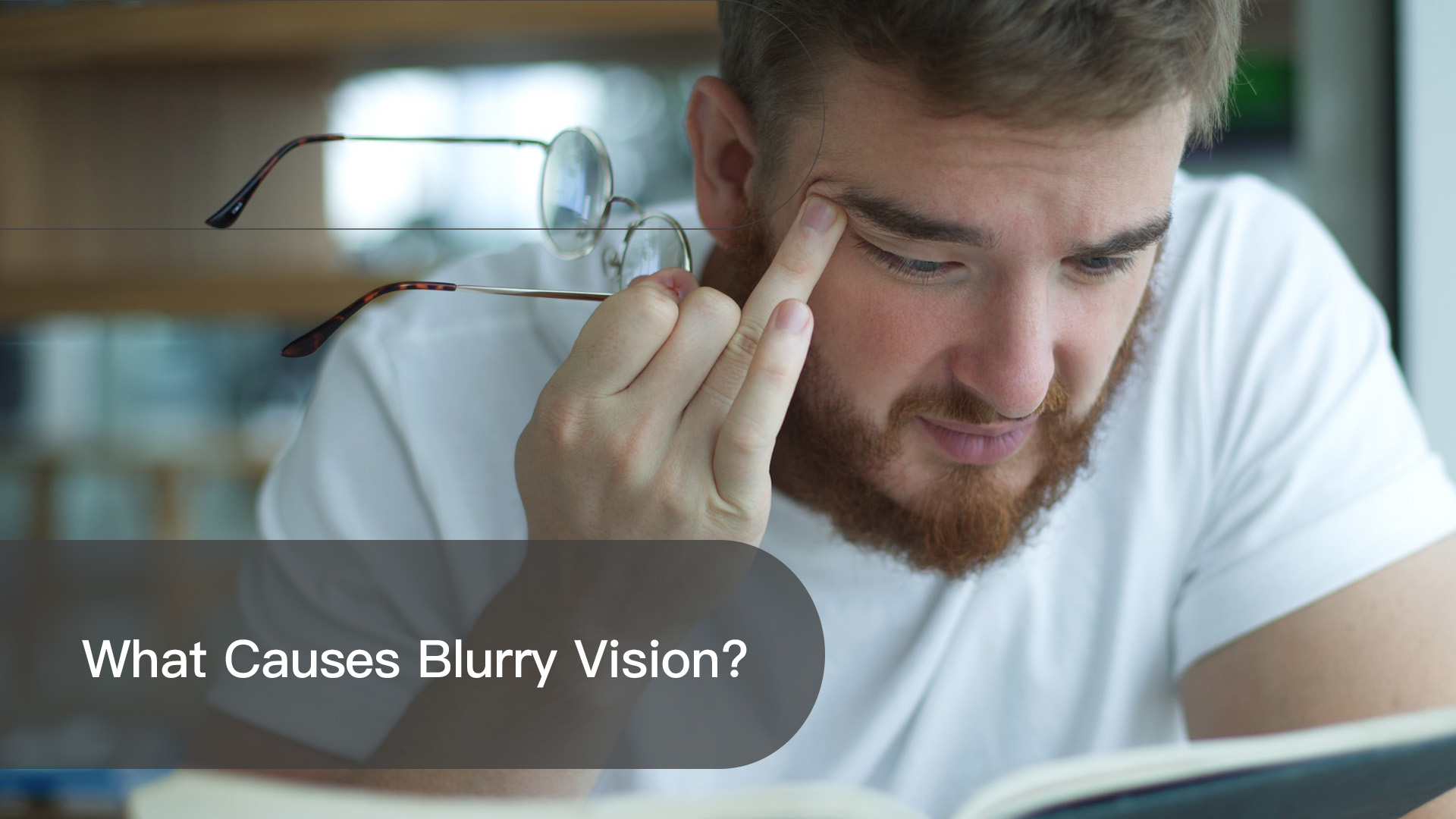Causes of Psoriasis and How It Differs from Eczema: Diet and Home Care Guide
Psoriasis, commonly known as plaque psoriasis, occurs when a patient’s immune system malfunctions, speeding up the skin renewal cycle. New skin cells form red, swollen patches covered with silvery scales. In severe cases, the patches can cover the entire body or form pustules.
The prevalence of psoriasis in Hong Kong is about 0.3%, with peak onset ages between 20 and 30 and 55 and 65. Patients find it difficult to completely cure it and are affected throughout their lives.
Eczema is one of the most common skin conditions locally, with 1 in 5 Hong Kong residents suffering from various degrees of eczema. Many people mistakenly treat psoriasis as eczema, resulting in incorrect relief and treatment methods, which could be more effective. Although the symptoms of these two skin conditions are somewhat similar, they are not the same.
What is Psoriasis?
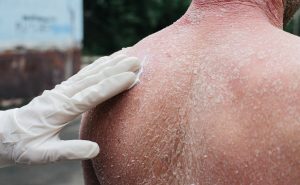
Psoriasis occurs when a patient’s immune system malfunctions, causing the skin renewal cycle to speed up. New skin cells form red, swollen patches covered with silvery scales. In severe cases, it can cover the entire body or form pustules. The World Health Organization (WHO) declared in 2014 that psoriasis is a severe non-communicable disease (NCD), entirely different from infectious fungal diseases, and is not contagious.
The prevalence of psoriasis in Hong Kong is about 0.3%, with peak onset ages between 20 and 30 and 55 and 65. Patients find it difficult to cure completely and are affected throughout their lives.
Causes of Psoriasis
The exact causes of psoriasis are still unclear. However, genetic and environmental factors can trigger inflammation in the skin’s immune cells, causing the skin to produce new cells and rapidly form psoriasis plaques.
- Genetic Factors: Over 10 genes directly related to psoriasis have been identified in medical research, indicating that genetic predisposition is a significant factor. However, having these genes does not necessarily mean one will develop psoriasis.
- Environmental Factors: Psoriasis can occur even without a family history, triggered by factors such as throat infections, certain medications (e.g., some anti-inflammatory drugs, blood pressure medications, and antifungal drugs), stress, smoking, alcohol consumption, obesity, and skin injuries
Psoriasis vs. Eczema: Differences in Causes and Symptoms
Eczema Causes
- Triggered by environmental allergens
- The immune system overreacts to certain substances
Psoriasis Causes
- Immune system malfunction, attacking the skin
- 90% genetic factors
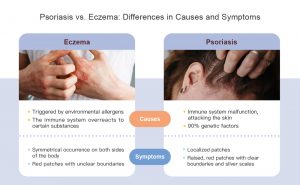
While both eczema and psoriasis present red, swollen patches on the skin, they appear differently. Eczema typically appears symmetrically, affecting both sides of the body simultaneously (e.g., both elbows). The patches may exhibit various forms of lesions, including oozing and crusting. In contrast, psoriasis patches are localized, not symmetrical, and feature raised, red patches with clear boundaries covered with silvery scales that can be easily scraped off.
Other Complications of Psoriasis
Psoriasis can also affect joints, leading to “distal arthritis” and “oligoarthritis.” Patients may experience joint redness, swelling, inflammation, and morning stiffness, impairing joint mobility. Unlike rheumatoid arthritis, this condition erodes joints and causes bone proliferation, potentially resulting in permanent deformities.
Besides psoriatic arthritis, psoriasis can lead to cardiovascular diseases, including myocardial infarction, heart failure, and stroke. Studies also indicate a higher likelihood of other immune system diseases, such as iritis and inflammatory bowel disease, among psoriasis patients.
Local research shows that 25% of psoriasis patients suffer from varying degrees of depression, affecting their daily and social lives.
Diagnosis and Treatment Options
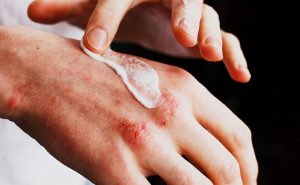
Doctors typically diagnose psoriasis through clinical evaluation, asking about symptoms and examining the skin and nails. They may also perform a skin biopsy to differentiate from eczema or other skin conditions. If psoriatic arthritis is suspected, blood tests, joint fluid analysis, X-rays, or MRI scans may be conducted for further diagnosis.
Currently, there is no cure for psoriasis, but several treatments can alleviate symptoms:
Oral Medications
If topical treatments are ineffective or psoriasis is widespread, doctors may prescribe oral medications to suppress the immune system and slow skin cell renewal. Common medications include methotrexate, acitretin, and ciclosporin. These medications have serious side effects and must be prescribed by a doctor; they should not be used during pregnancy.
Topical Treatments
Patients can use topical creams or ointments. Commonly used topical treatments include tar preparations, dithranol, corticosteroid creams, vitamin D analogs, and vitamin A derivatives. The choice of medication depends on the type and severity of psoriasis.
Relieve Psoriasis with Wasser® Dermatitis Cream 7%
Another observational study with 94 patients showed a good efficacy of a 5% Ectoin® cream formulation for the treatment of psoriasis [ 1 ]. The efficacy has been as- sessed as very good or good on the part of the physicians and the patients in more than half of the cases. The symptoms dryness, scaliness, and pruritus decreased (Figure 1).
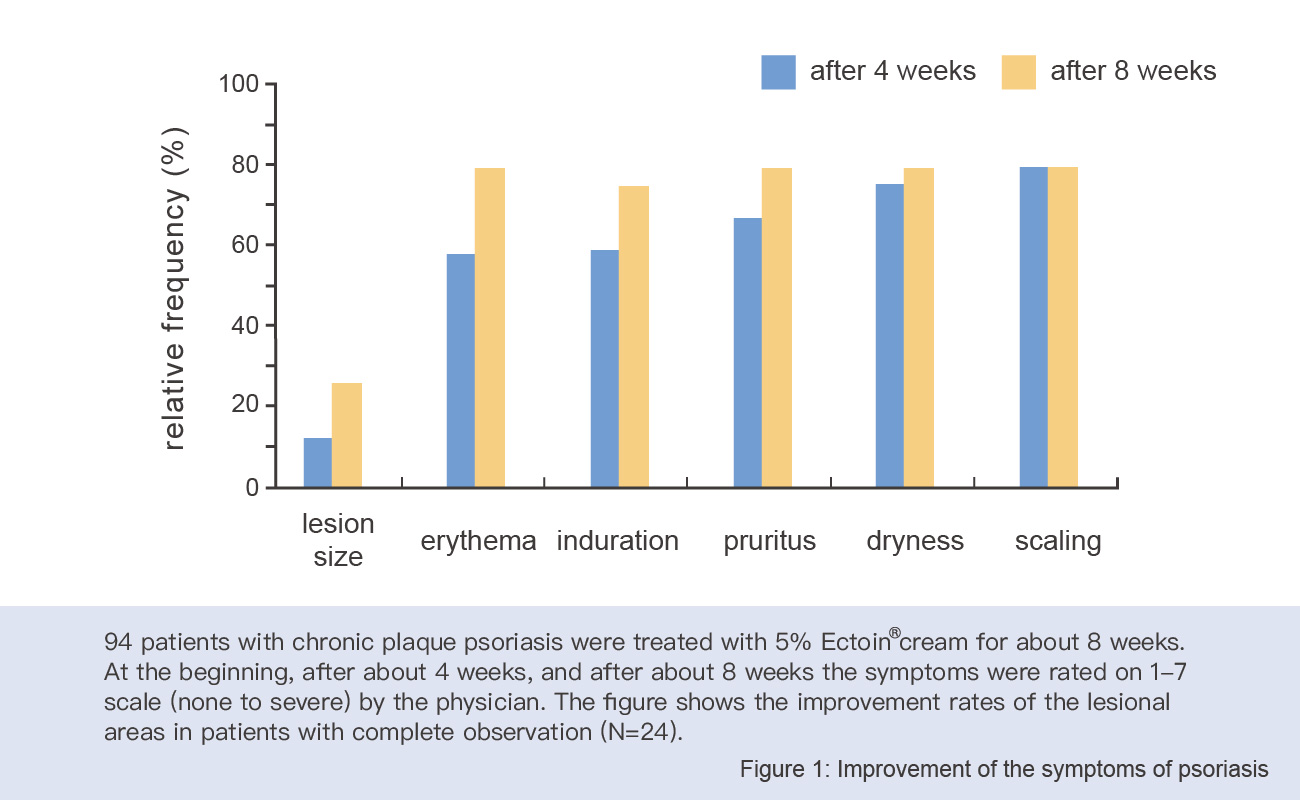
Ectoin® repairs particles, which can form an efficient barrier to resist the invasion of foreign molecules. In addition, it is added with ingredients such as “Symcalmin,” an oat extract developed in Germany. It is free of steroids, artificial colors, fragrances, and preservatives, suitable for long-term use. It is ideal for all age groups, including infants aged 28 days, and can be applied around the eyes without irritation, relieving itching.
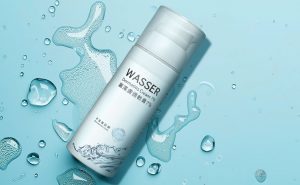
**Friendly reminder:
If impairment of the skin condition occurs during treatment, or if the condition does not improve even after long-term treatment, discontinue treatment and consult your healthcare provider.
**Friendly reminder:
Consult your healthcare provider or pharmacist for advice before using this product if you are:
1.Pregnant or breastfeeding.
2.Infants or children.
